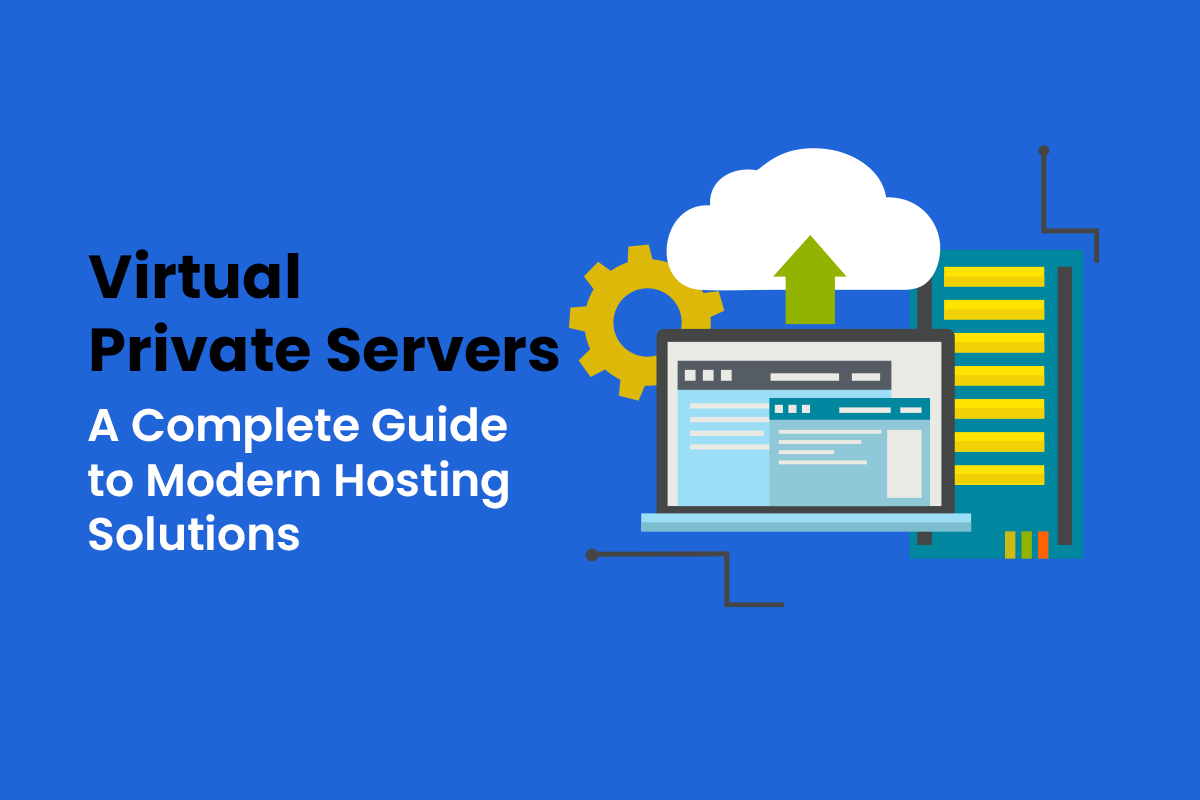
In today's digital landscape, choosing the right hosting solution can make or break your online presence. Virtual Private Servers (VPS) have emerged as a powerful middle ground between shared hosting and dedicated servers, offering the perfect balance of performance, control, and cost-effectiveness. Whether you're running a small business website or managing complex applications, understanding VPS technology is crucial for making informed hosting decisions.
Understanding Virtual Private Servers
A Virtual Private Server represents a partitioned unit within a physical server, creating an isolated environment with dedicated resources. Unlike shared hosting, where multiple users compete for the same resources, VPS technology ensures you have guaranteed access to specific CPU, RAM, and storage allocations. From web hosting to a forex VPS requiring ultra-low latency, these virtual environments can be optimized for various specialized applications while maintaining consistent performance.
The virtualization technology behind VPS creates multiple independent instances on a single physical server, each functioning as a standalone server with its operating system, resources, and security protocols. This isolation ensures that activities in one virtual environment don't impact others, providing stability and reliability for your applications.
Key Benefits of VPS Hosting
VPS hosting offers several advantages that make it an attractive option for businesses and individuals alike. The dedicated resource allocation ensures consistent performance, regardless of other users' activities on the same physical server. This predictability is essential for running resource-intensive applications or managing high-traffic websites.
Security represents another significant benefit of VPS hosting. Each virtual environment operates in isolation, with its own firewall configurations and security protocols. This separation minimizes the risk of cross-contamination between different environments and provides better protection for sensitive data and applications.
Scalability remains one of the most compelling features of VPS solutions. As your needs grow, you can easily upgrade resources like CPU, RAM, or storage without the need for physical hardware changes. This flexibility allows businesses to adapt quickly to changing demands while maintaining cost efficiency.
Types of VPS Hosting
Managed VPS
Managed VPS solutions include regular maintenance, updates, and technical support from the hosting provider. This option suits users who prefer focusing on their applications rather than server administration. The provider handles security patches, system updates, and performance optimization, making it ideal for those with limited technical expertise.
Unmanaged VPS
Unmanaged VPS gives you complete control over your virtual environment but requires technical knowledge to maintain. While offering maximum flexibility for customization, this option demands familiarity with server administration, security protocols, and troubleshooting procedures.
Cloud VPS
Cloud VPS combines traditional VPS benefits with cloud computing features, offering enhanced scalability and redundancy. These solutions often provide better reliability through distributed resources and automatic failover capabilities.
Choosing the Right VPS Solution
Selecting appropriate VPS hosting requires careful consideration of several factors:
Resource Requirements
Assess your needs for CPU, RAM, and storage based on your applications and expected traffic. Consider future growth to ensure your chosen solution can scale accordingly.
Performance Needs
Evaluate the performance requirements of your applications. Consider factors like processing power, network speed, and latency tolerance when selecting a VPS package.
Management Capabilities
Determine whether you need a managed or unmanaged solution based on your technical expertise and available resources for server administration.
Best Practices for VPS Implementation
Successful VPS implementation relies on following established best practices:
Regular Monitoring
Implement comprehensive monitoring systems to track resource usage, performance metrics, and security status. This proactive approach helps identify and address potential issues before they impact your operations.
Security Measures
Establish robust security protocols, including regular updates, strong authentication measures, and comprehensive backup procedures. Regular security audits help maintain the integrity of your virtual environment.
Resource Optimization
Monitor and optimize resource usage to ensure efficient operation. Regular performance reviews help identify areas for improvement and maintain optimal service levels.
Future Trends in VPS Technology
The VPS hosting landscape continues to evolve with emerging technologies and changing user needs. Automation and artificial intelligence are increasingly integrated into VPS management, improving efficiency and reducing maintenance overhead. The growing adoption of containerization technologies offers new possibilities for application deployment and resource optimization.
Conclusion
Virtual Private Servers represent a versatile and powerful hosting solution suitable for various applications and business needs. By understanding the technology, benefits, and best practices associated with VPS hosting, you can make informed decisions about your hosting infrastructure. Whether you're upgrading from shared hosting or looking for a more cost-effective alternative to dedicated servers, VPS technology offers the flexibility and performance to support your digital presence effectively.
Share this post
Leave a comment
All comments are moderated. Spammy and bot submitted comments are deleted. Please submit the comments that are helpful to others, and we'll approve your comments. A comment that includes outbound link will only be approved if the content is relevant to the topic, and has some value to our readers.


Comments (0)
No comment